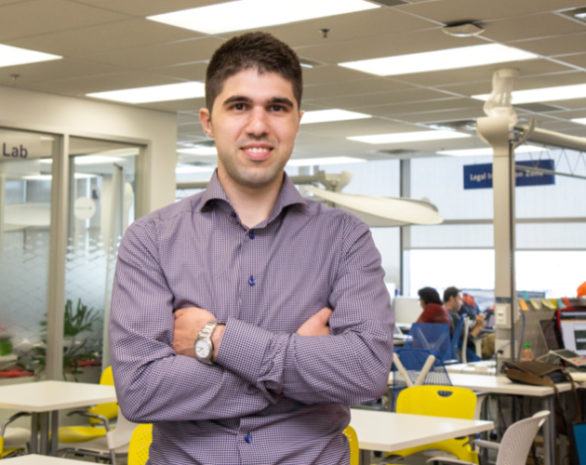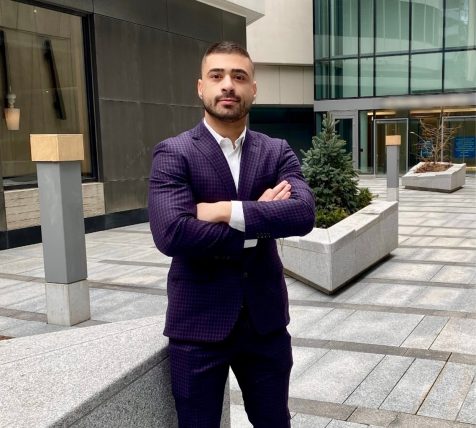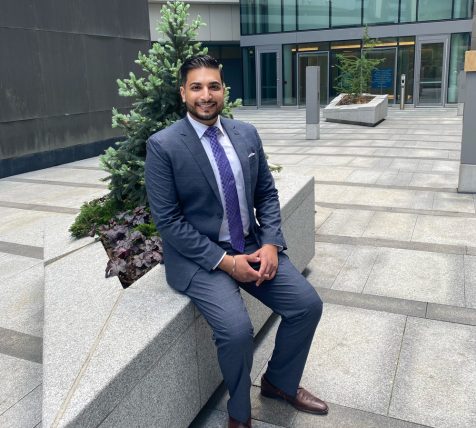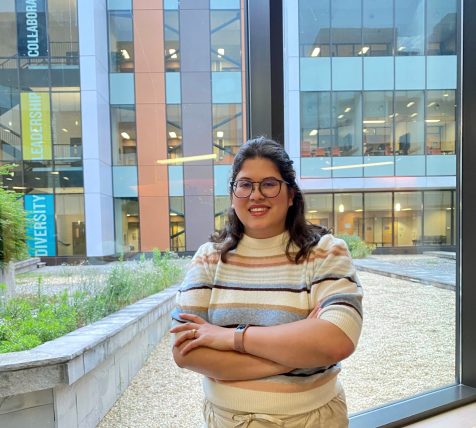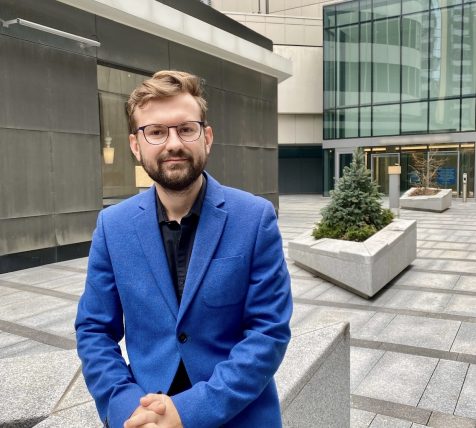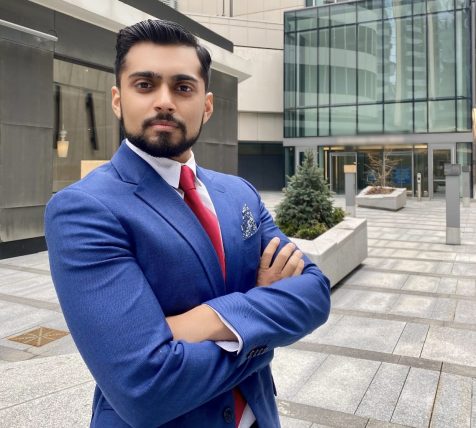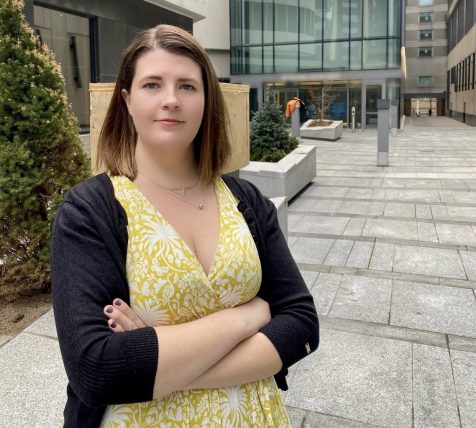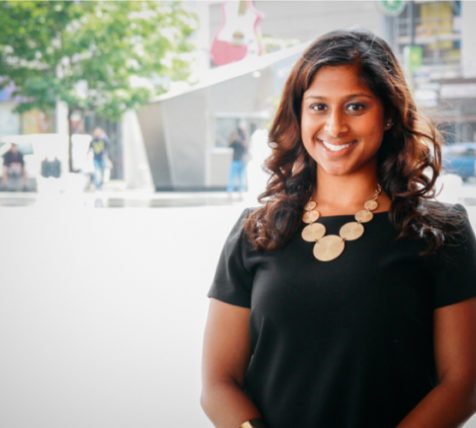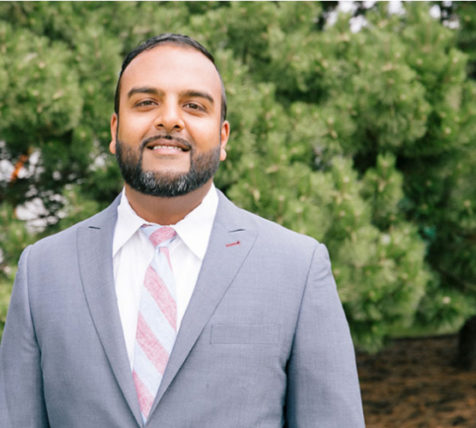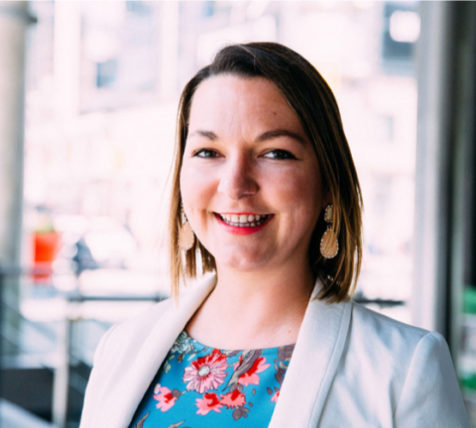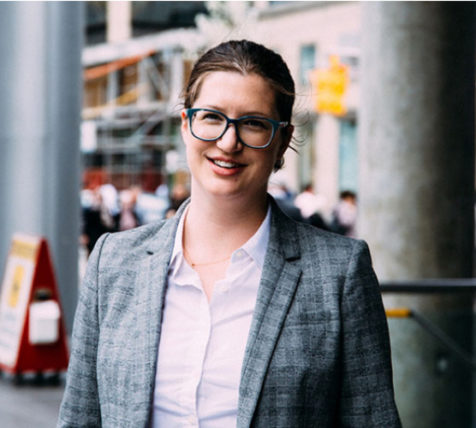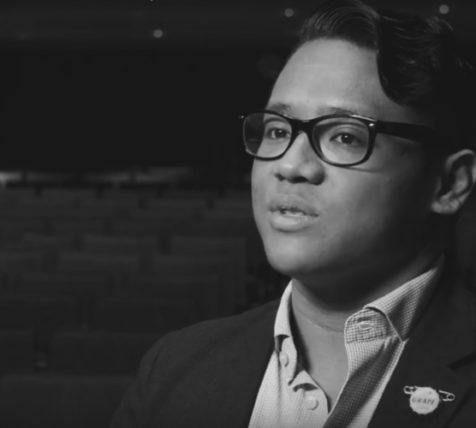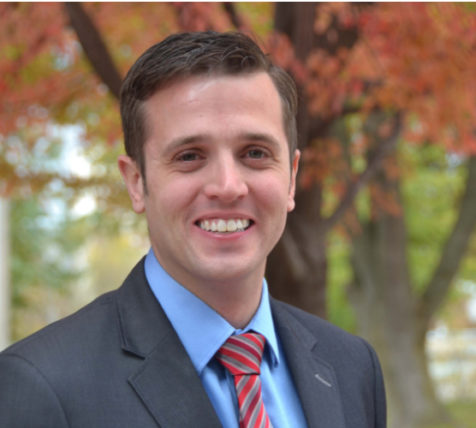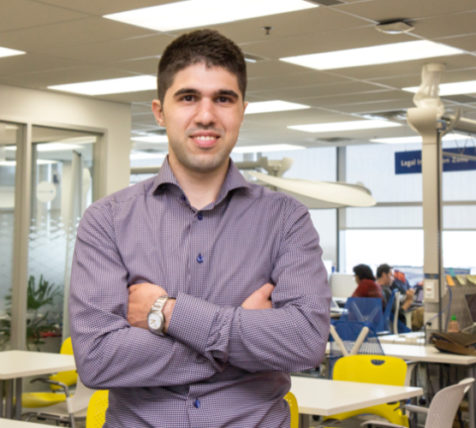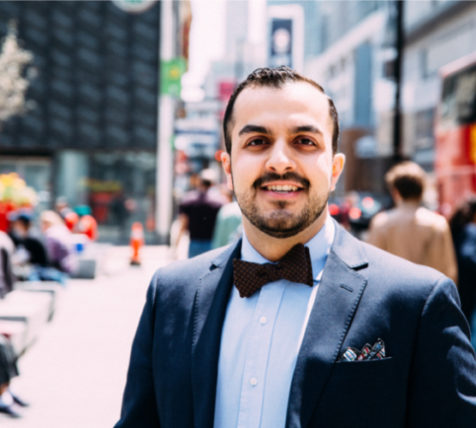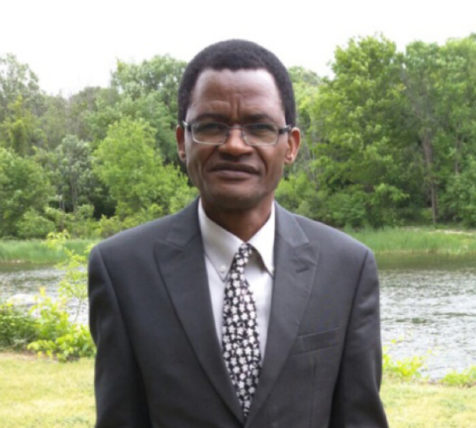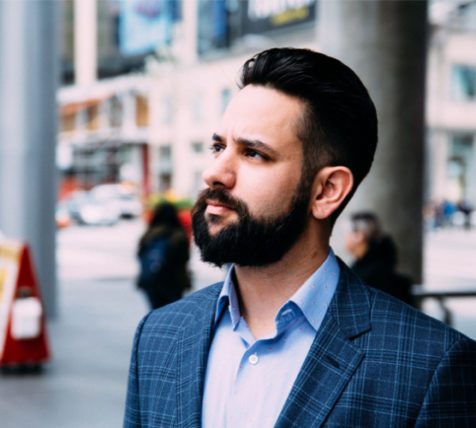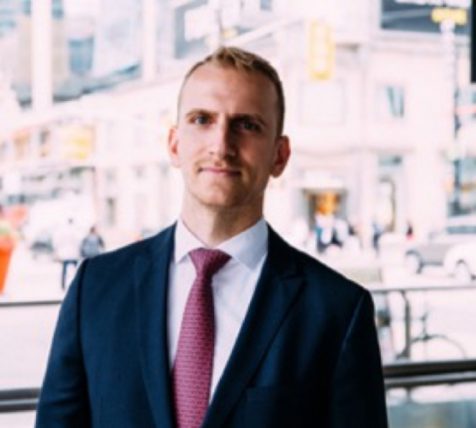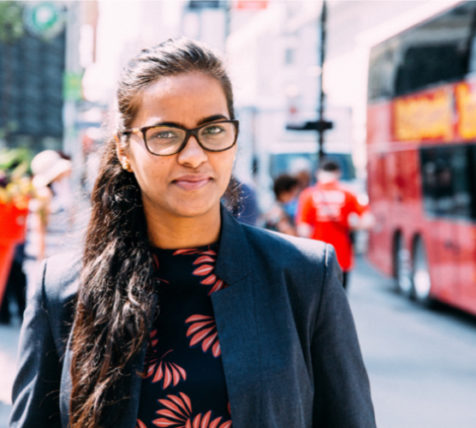Jonathan Di Feo
2015/2016
Jonathan Di Feo understands the power of language in the legal realm as a language of power.
About Jonathan
Jonathan Di Feo understands the power of language in the legal realm as a language of power. He is fluent in 5 of them: English, Italian, French, Spanish and German. A Montreal native with Italian roots, Jonathan knows he’s had an impact if his peers are talking or perhaps arguing. He is competitive, socially conscious and knows how to edit himself.
Where did you earn your law degree?
I have two law degrees: a Civil Law degree (LL.L) earned at the University of Ottawa, and my J.D. from the Université de Sherbrooke.
Where did you complete your LPP work placement?
I completed my placement at RBC. It was a great experience. I remember the first two days – things were fairly slow but by the third day things got incredibly busy. I was given a privacy legal matter to deal with and I ended up working long hours and researching international privacy law. By the fourth day, I was given a big binder with all the relevant laws of all the jurisdictions. I realized at that point that it was sink or swim: this motivated me to surpass any expectations they may have had of me — a challenge I enjoyed. I was working with various departments including the e-commerce team, wealth management, and even a little with capital markets. Opportunities arose to work on issues involving Quebec and to use my language skills. I also got hands-on experience with wills and estates, and got to review many contracts, including some credit card agreements.
Describe a particularly memorable or significant experience during the training component of the LPP:
Some of my favourite moments of the training component were at the in-person weeks. Three stand out in particular. The first was when we first came together and were put into different groups, and were told to figure out how to organize our own virtual law firm. Although I thought I had a good idea as to how we should be organized, I found myself to be a little overwhelmed with the immediacy and the amount of work that needed to be put in to create a small firm of three people (an original fourth person had been unable to attend). We collaborated really well and were thrown a curve ball when we were joined by a new fourth member several weeks later. We had to, in a sense, reacquaint ourselves and bring our newest member into our own culture. It was a good experience, as I never expected it to be so hard to start a small practice, nor bring in a partner once it was already running.
Another moment that sticks out was during our sessions with Sheila Block and Jim Seckinger, where we learned how to litigate cases, namely to make opening and closing statements, as well as how to examine and cross-examine the witnesses. At the end of a short lecture where techniques were explained and demonstrated, we were separated into groups to practice these new skills and assigned counsel to advise us every step of the way. This experience was quite new to me, as I did not moot in law school, and therefore did not learn some of the skills that are essential for all advocates appearing before the court. Although I had already seen some lawyers examine and cross-examine witnesses, I learned that it was easier said than done, as I felt that I struggled at times and apologized way too often (there are no apologies in court!). The experienced counsel helping out with the simulation told me to be more confident, to not apologize if I make a mistake, and assured me that I was doing quite well. I think it was at that point that I realized that I was at the base of a steep learning curve, and that I truly appreciated the simulated part of the training component, as we could make as many mistakes as we needed to, before mastering the techniques needed in real life practice.
Finally, the innovation challenge was one of my favourite experiences, as we had to think of novel concepts, came up with a business plan and execute a pitch before an audience of approximately 250 people. For me, the way we all came together to present the idea, ultimately winning the competition, made me realize how far we had actually come from day one. All the hard work did pay off and was a great ending to and for the team.
Describe a particularly memorable or significant experience during the work placement component of the LPP:
One of the moments that I appreciated was some advice that my principal gave me. I wanted to do as much work as I could, and I was accepting everything that came my way, until I was flooded with work. I went to my principal to tell him that I had a tight deadline with a couple of other assignments, and therefore would not be able to help him as the assignment he had for me was an immediate need. After a brief conversation he determined that the work I had was higher in priority, and told me not to worry. He also advised me that when I can, I should be selective in accepting assignments that will further my knowledge and career, as the placement stage is where lawyers are supposed to learn about how to practice law. I think this is a useful perspective for all future LPP candidates to keep in mind.
Describe some of the more particularly helpful tools or skills you acquired during the LPP:
How to apply the law practically. In law school, I was generally taught to think of applying the law theoretically, whereas to solve certain cases and to be a good advocate for your client requires a more practical approach. Costs and feasibility can play a big role in the client’s decision: some solutions will be simple, while others require much imagination and planning, to name just two skills that are not necessarily tested in university.
The training component allowed me to refine my research skills and improve my writing skills. I thought that it was of great help as it allowed me to be more efficient in my work and gave me the confidence to know that although I may not have an answer immediately, I would consistently be able to find it rather quickly.
Words of advice you can offer future LPP candidates:
The more effort you put into the program, pushing your limits and trying to excel, the more you will get out of it. Try to do as much work as possible during the first four months. If you finished all the assignments, feel free to ask for more work in an area you would like to learn more about. So give your full effort and enjoy the process.
Try to stay in touch with as many candidates as possible. It is a great opportunity to learn more about others, and to build as many friendships as you can. Your fellow LPP candidates will be your colleagues. It is good practice to start networking now so you can build on these relationships throughout your career.
Final thoughts about the LPP:
I think it is an excellent program: this is the only time when candidates can make mistakes without serious consequences, while building essential skills. It is a great opportunity to discover where you are at and start assessing what you need to know to get where you want to be.
I think everyone who wants to be a lawyer should go through the program because they should learn about the business of law. Everyone will need to learn about it at a certain point in time, whether starting out as a solo practitioner after being called to the bar, 4-5 years in at a firm when you are expected to bring in business, or 10+ years down the line as a partner in a firm. I think it can only improve lawyers’ services as thinking about how you serve the client becomes as important, if not more so, than billing.
